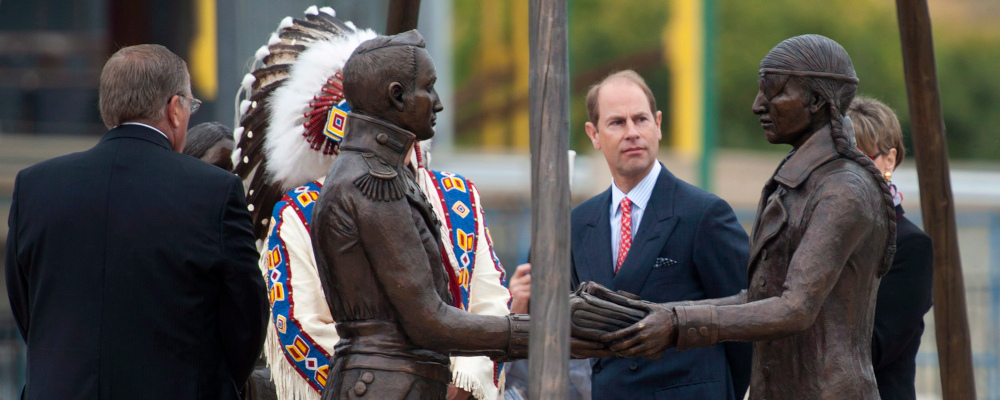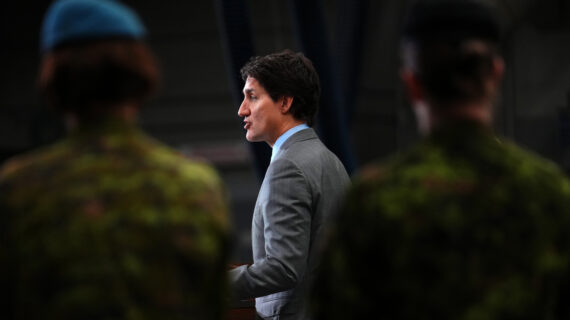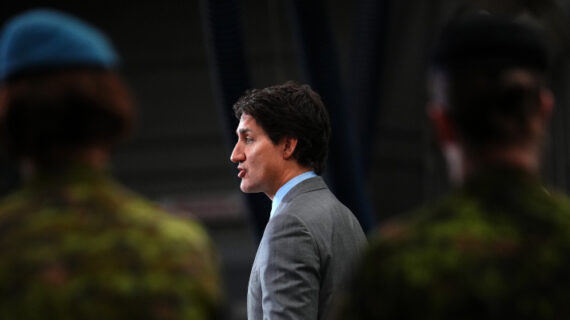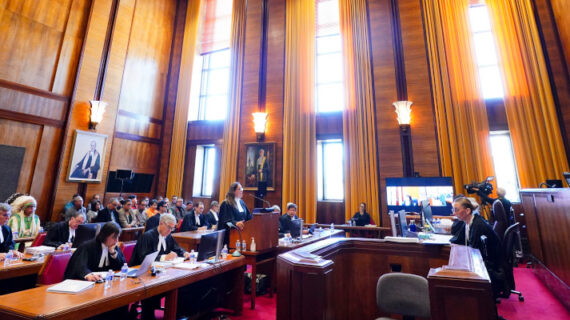I distinctly remember the publication of Jack Granatstein’s Who Killed Canadian History? in 1998. At the time, I lived abroad teaching history at The International School of Panama, but Canada was still then—and remains—the” inspiration of my life,” as Wilfrid Laurier put it.
I was so moved by the book that I wrote a letter to Jack to tell him I was going to be a part of the fight to preserve and promote the teaching of Canadian history. He wrote back: “Mr. Stewart: Thanks for your kind letter. It’s good to know some teachers still think our history matters—many do not. But why on earth are you in Panama? Come home where you’re needed.”
I returned and spent the next 25 years teaching Canadian history and kept the note pinned to my desk bulletin board. Granatstein’s book has never been too far from my mind. At its heart, Who Killed Canadian HIstory? is a lament for a country that has turned its back on itself. A country that for no good reason decided that its past was not worth the effort to understand. “It is not that we do not have such a history,” he wrote. “It is simply that we have chosen not to remember it.”
The evidence for this sentiment was—and is—everywhere to be seen: most provinces still do not require a course in Canadian history to graduate high school; universities have eschewed political history and continue to dig down ever deeper into niche topics with limited value to helping Canadians understand each other; the CBC hides its landmark 2001 series Canada: A People’s History so that no one can watch it on Gem; Library and Archives Canada cancelled its website on Canadian prime ministers; and if the current prime minister talks about Canadian history at all it is to apologize for one of the country’s transgressions from decades ago. Who Killed Canadian History? is as relevant today as it was in 1998.
It is not that often that a book published in Canada resonates 25 years later. You might be able to think of a couple of non-fiction titles on your own before you start to search on the internet to jog your memory. Maybe it is a Pierre Berton book or one by the late Peter C. Newman, two legends who chronicled our past and today are missed acutely. Granatstein’s book is certainly one. Whether you agreed with him or not, if you cared about Canadian history or worked in the field, you had to know the book. It seemed as though you were either with Jack or against him. I was—and am—with him.
But not everyone was. Granatstein’s book took a hard swing at social historians. It took a swipe at academics who could not write lively prose to help sell their books. They never forgave him for it. While his feisty point was perhaps a tad overwrought, the validity of his argument remains: “Why Canadian history should not include both the great men and the workers and women does not seem to occur to the defenders of the new history, who have revealed themselves to be far more hindbound and rigid than those they denounce.” The point was that a broad selection of history should be told. No need to throw the baby out with the bathwater.

Most schools have a “curriculum night” in September when teachers tell students’ parents or guardians what the course they teach will be about. When I would explain to the gathering in my classroom what Canadian History (I always referred to this course, purposely, as “Canadian History” rather than, simply, “History”) would be about, I told them two things: one, this may be the most important course your child takes in high school; it will be the only mandatory exposure to learning about the country’s past. Two, I put on the screen this quotation from Jack’s book:
History is important, I believe, because it is the way a nation, a people, and an individual learn who they are, where they came from, and how and why their world has turned out as it has. We do not simply exist in a contemporary world. We have a past, if only we would try to grapple with it. History teaches us a sense of change over time. History is memory, inspiration, and commonality—and a nation without memory is every bit as adrift as an amnesiac wandering the streets. History matters, and we forget this truth at our peril.
Twenty-five years later Who Killed Canadian History? resonates. Debates about what to teach, and how to teach, are as pitched, political, and even risky, as ever. So The Hub has commissioned a series of essays from writers who are still involved in and care about the state of the past in this country. For each of the next three weeks we will be featuring two essays that reflect on Granatstein’s book and issues related to it. I am grateful both to The Hub for giving space for this conversation and to Jack Granatstein for writing an indelible book about the importance of teaching, learning, and writing about this great Dominion. We hope you will enjoy the series.




